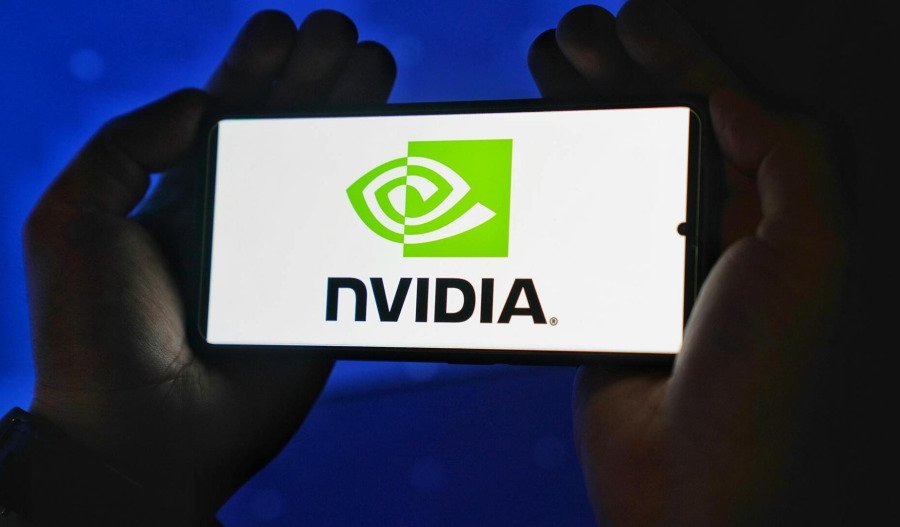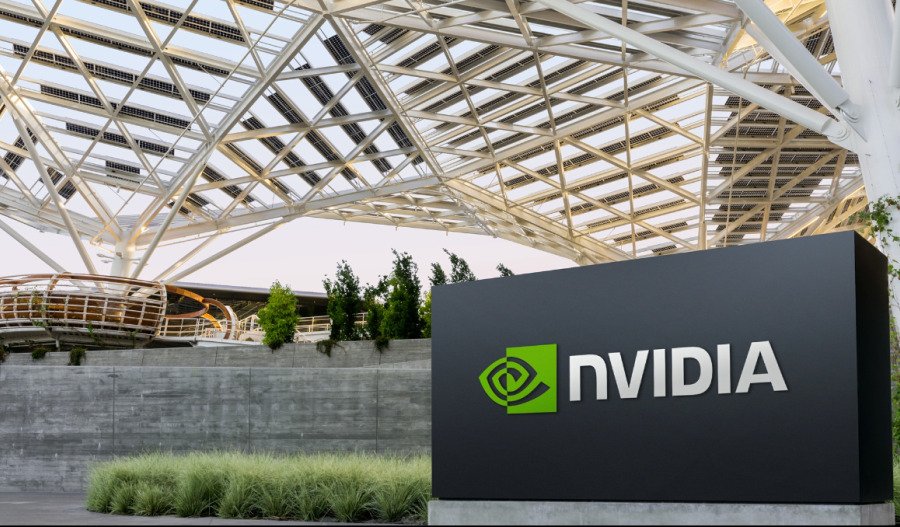The world's largest company NVIDIA says it's been stung for $8.6 billion in lost revenue by the latest volley against China from the Trump administration by rolling out new chipset licensing rules for foreign countries.
A U.S. Commerce Department spokesperson said it was issuing new licensing requirements for exports of chips including NVIDIA's H20, AMD's MI308 and their equivalents - chips that were specifically designed to meet America's export regulations.
"The Commerce Department is committed to acting on the President's directive to safeguard our national and economic security," a department spokesperson said.
Trump's updated controls target Chinese tech firms and data centres reliant on NVIDIA's ecosystem to compete with domestic rivals such as Huawei's Ascend 910B and Biren Tech's graphics processing units.
The H20 is part of a trio of China-specific chips that include the L20 and L2 - though the H20 is the most powerful and sought-after of the three - which accounted for 13% of revenue last year.
"NVIDIA specifically designed the H20 to comply with US exports restrictions. Now the rules change and they lost US$5 billion," Infrastructure Capital Advisors CEO Jay Hatfield said.
“..this inconsistent trade policy is costing companies a lot of money.”
Will it create the desired effect?
Yet it may be too little, too late.
With a pending export of over 1.3 million of Nvidia's H20 chips set to sail to Chinese giants such as ByteDance (TikTok), Alibaba and Tencent, will these measures even have a cause to effect?
U.S. think tank Institute for Progress says America is on the verge of repeating a critical strategic error.
"Despite having the legal authority and policy tools to constrain China’s access to advanced AI chips, the US government is failing to enforce existing export controls or adapt them to new threats.
"As a result, Chinese firms are exploiting loopholes to acquire powerful US hardware, undermining America’s lead in frontier AI.
"At least one of the buyers, Tencent, has already installed H20s in a facility used to train a large model, very likely in breach of existing controls restricting the usage of chips in supercomputers exceeding certain thresholds. DeepSeek’s supercomputer used to train their V3 model is also likely in breach of the same restrictions.
While not a surprise, the news came sooner than expected and sent tech sector stocks plunging in trade Wednesday.
Shares in the $2.55 trillion tech behemoth plunged 6.87% to trade at US$104.49.



